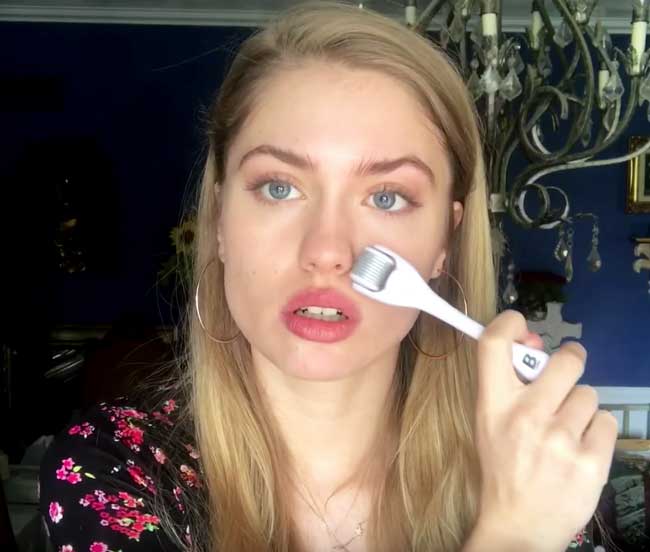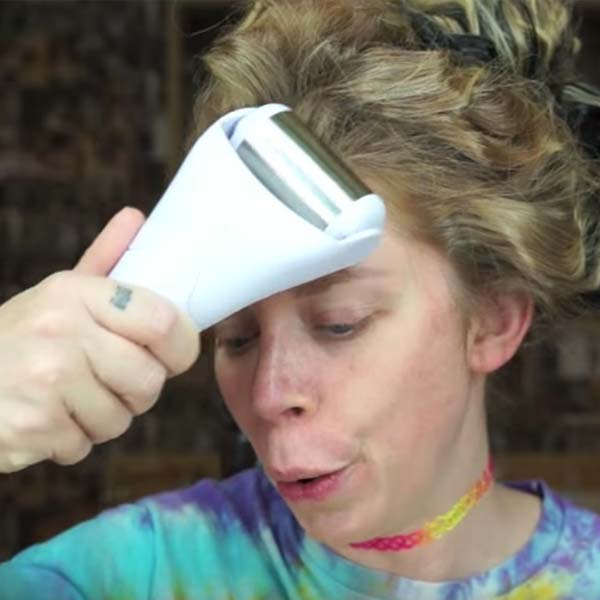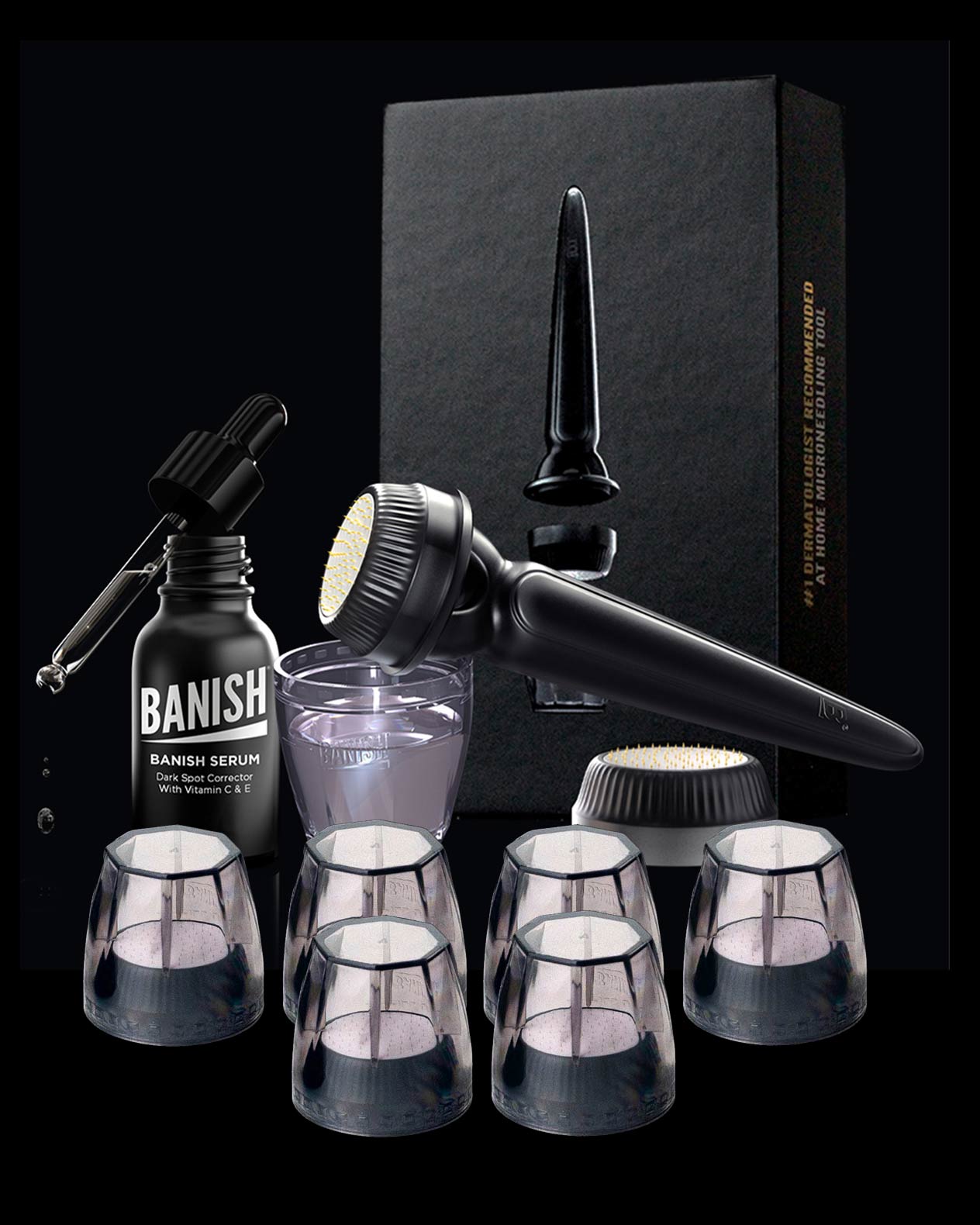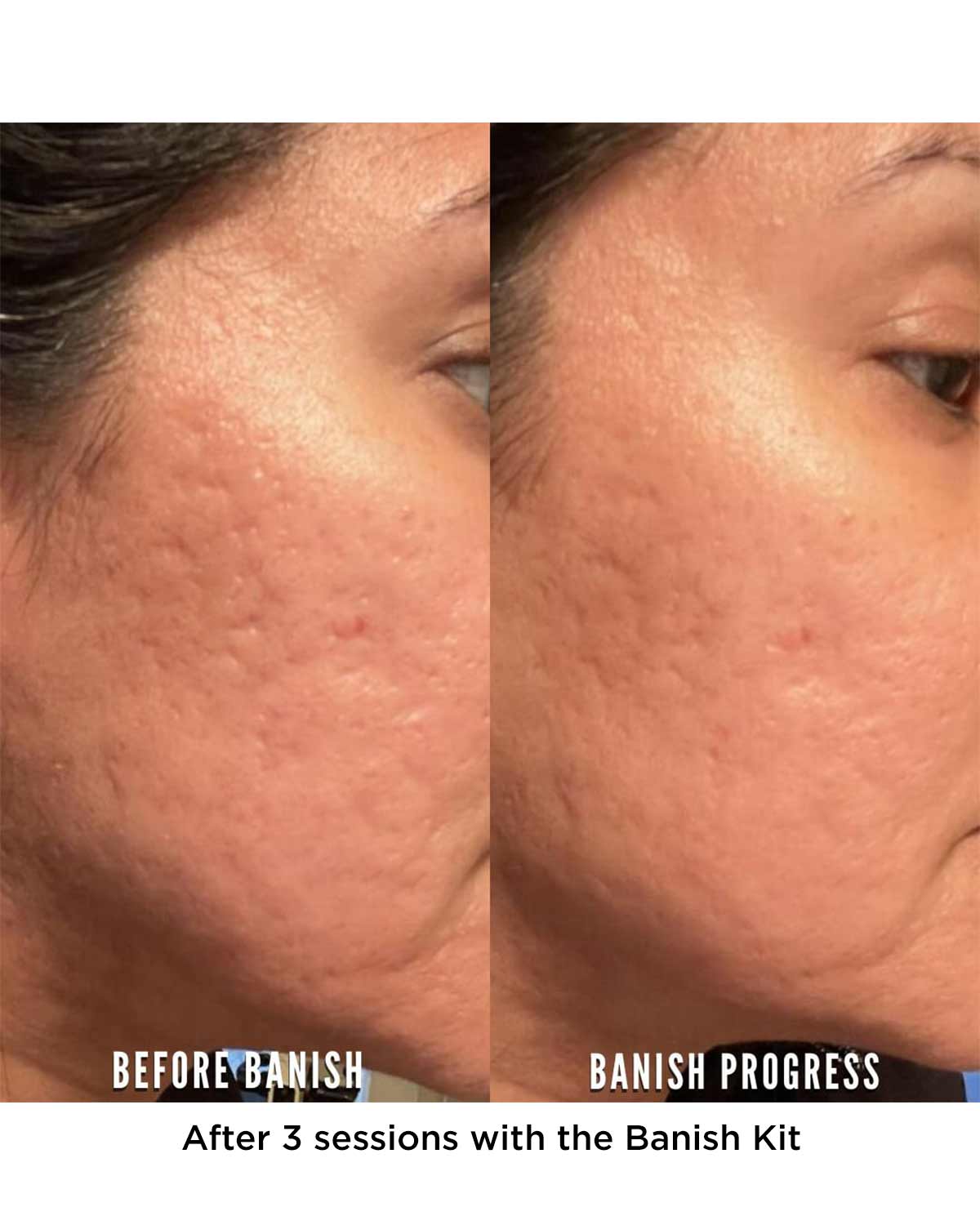Body dysmorphia isn't just a trending buzzword - it's a potentially debilitating anxiety disorder that affects roughly 5 out of every 1,000 people.
However, most people aren't aware that a subset of body dysmorphia, acne dysmorphia, is equally as devastating to the people who have it.
what are body dysmorphia and acne dysmorphia?
Body dysmorphia is a disorder that results in someone having a distorted view of how they look, leading to excessive worry about their appearance. Acne dysmorphia is a type of body dysmorphia in which a person believes that their acne is much worse than it really is. Both conditions ultimately lead to (and can even stem from) anxiety.
Although we all go through periods where we may be unhappy with aspects of our appearance, this disordered way of thinking becomes constant and overwhelming. Someone with body dysmorphia or acne dysmorphia may be ruminating on a problem that doesn't exist.
- little or no acne
- mild/moderate acne
- a previous history of acne
- acne scarring
Whether you have acne or not, the psychological impacts don't necessarily clear up when your skin does.
Although genetics, life experience (teasing, social expectations), brain abnormalities and cultural experiences are potential causes of body dysmorphia and acne dysmorphia, we still don't fully understand the disorder or why people get it.
However, many people with acne experience low self-esteem and negative treatment by others because of their acne, so it should come as no surprise that this can result in internalization and distortions of these perspectives.
symptoms of acne dysmorphia
While body dysmorphia and acne dysmorphia will look a little different for everyone, acne dysmorphia can take the form of:
- a few small pimples exaggerated as a full-scale breakout
- frequent and prolonged periods spent analyzing in front of the mirror
- mirror avoidance
- constant worry about your skin
- going to extreme lengths to cover perceived skin imperfections
- excessive use of makeup
- refusing to go without makeup
- avoiding social settings (including work and school) due to perceived skin imperfections
- constant comparison to others
- an awareness that others don't see your skin as bad as you do
- the knowledge that your skin isn't bad, but an inability to change your own mind and habits
- a constant fear that your acne will resurface (also known as phantom acne)
why are body dysmorphia and acne dysmorphia serious?
It's easy to write off excessive worry about one's appearance as vain and trivial, but that doesn't negate the very real and potentially serious effects. Constantly worrying about our skin, especially catastrophizing and exaggerating, can greatly affect our day-to-day lives.
Body dysmorphia and acne dysmorphia are mental health disorders, and can even lead to depression, self-harm, and suicidal thoughts. They can also lead to other anxious behaviors and isolation from social situations.
what can you do?
Thankfully, as with many mental health disorders, both body dysmorphia and acne dysmorphia are effectively treatable by identifying, challenging and changing our distorted thought patterns.
If you suspect that you suffer from body dysmorphia, you should seek guidance from a qualified professional for cognitive behavioral therapy and/or medication.
You may also find these blog posts useful in gaining some insight:
The Secret to Being Truly Acne Free
9 Things I Wish I Knew When I Had Bad Acne
Sometimes just talking with someone about your acne can help you challenge your negative and distorted thoughts. You don't have to feel alone - reach out for help.



























Leave a comment
All comments are moderated before being published.
This site is protected by hCaptcha and the hCaptcha Privacy Policy and Terms of Service apply.